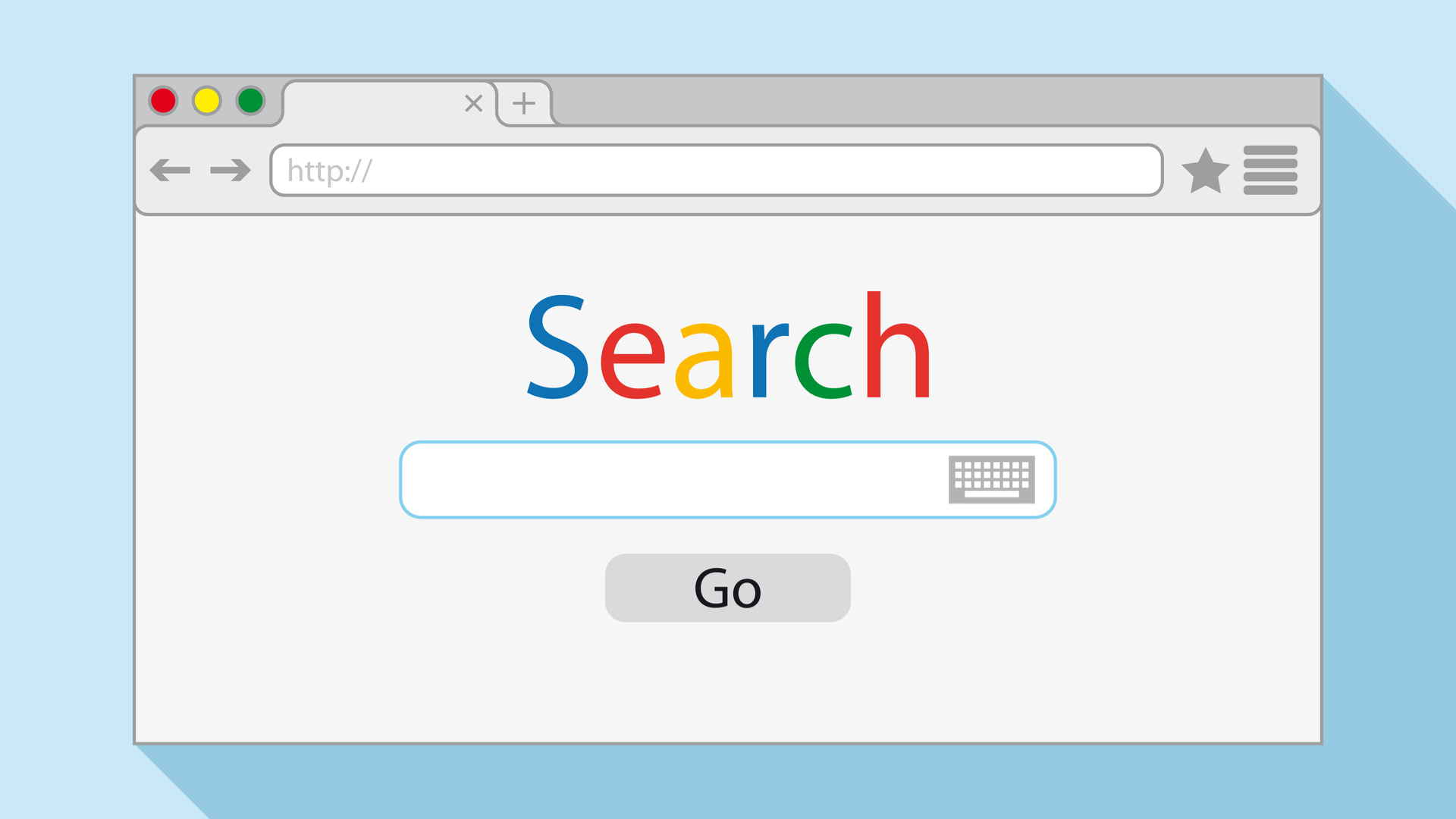
We’re an affiliate!
We hope you love the books we recommend! Just so you know, we may collect a share of sales or other compensation from the links on this page. Thank you very much if you use our links, we really appreciate it.
Long story short, “The Four” is about the technology giants Amazon, Google, Facebook and Apple, and how these companies are increasing the control over our lives through smartphones and the data we unknowingly provide them.
Death, Famine, War and Conquest. The Four Horsemen of the Apocalypse remain alive as ever in today’s modern world. For those who aren’t familiar with the original tale of the Four Horsemen, they are the four symbols that represent the evil that will bring forth the end of the world as we know it.
While it may seem terrifying, dark and a bit of an exaggeration, those Four Horsemen have reincarnated themselves into the tech giants of today as Amazon, Google, Facebook and Apple. Galloway has captured the workings of how these four tech giants have snuck into our everyday lives as they continue to control our future without us even realizing it. We will take a deeper dive into how each of these companies:
- Got into power
- Influence our decisions
- Affect our future
For those who don’t know
Long story short, Scott Galloway is a professor at New York University (NYU) teaching strategy and marketing to MBA students. In addition, he is a serial entrepreneur that founded multiple firms in the technology space.
Amazon: “The One-stop Shop”

The behemoth e-commerce marketplace known as Amazon is the ultimate one-stop shop of acquiring anything at your fingertips. With this in place, the idea of physically commuting to your local retail store to pick up your favorite brand of toilet paper seems ludicrous, as we can complete the exact same task with just “one click”. Our compulsive desire to gather and hoard materials from our hunter-gatherer days drive the demand for a marketplace to operate as efficiently & effectively as Amazon.
Legendary founder Jeff Bezos, now the world’s richest man (as of 2018), started off by creating a marketplace for books where buyers and sellers can interact through each web page. Later, they expanded into other branches of products such as electronics and toiletries by aggressively bolstering their supply chain, investing in R&D, and developing new lines of business. In 2018, they are by far the largest e-commerce marketplace and continue to dominate by venturing off into self-serve brick & mortar stores, voice-activated applications and providing an on-demand entertainment service.
In theory, it seems like the perfect concept as we no longer have to travel to many different stores to check off our shopping list, however in reality, the implications of creating the Earth’s “One-stop shop” breeds over-reliance and dependence. This over-dependence on Amazon would increase the lack of awareness of users looping mindlessly into their ecosystem. What we mean by this, is that every time a user goes on Amazon to purchase a product, several data points about the user is recorded and stored in their database. A user behaviour system is formed by recording anything from frequently purchased items to areas clicked on web pages.
Google: “The Know It All”
Do you need instructions on resetting your iPhone? How about baking a cake? Or even tying a tie? What would most people respond with? The usual response is “Let me Google that for you.” The fact that Google has become a verb officially in the English dictionary, shows how invaluable it is in our lives. The fascination of having an answer to every question on demand is both amazing yet terrifying at the same time. The main premise of Google is to organize the world’s information by giving users the ability to find any type of information with the use of inputting keywords or phrases into a search engine. Little did we know this was just the beginning.

What started off as a search engine, branched off into numerous product lines around video streaming, location mapping, and mobile operating systems. Despite all this, none of it compares to their formidable advertising machine. Back then, the way advertising used to work was that a company would try and attract its target consumers through flashy imagery, TV commercial spots or the biggest space on the local newspaper. The old era of advertising seems to be fading as Google’s advertising system is already turning heads and generating eye-popping conversion rates. The way Google’s advertising works is that they would hold an auction for advertisers to drive traffic, and customers would determine the prices for each click on the advertisement. If the demand or traffic is low on certain categories, the prices would drop, and vice versa. Companies would take advantage of this new form of advertising by utilizing a data-driven approach, to try and match consumers with specific behaviors in buying their products/ services.
Speaking of having a data-driven approach, similar to Amazon, Google intends to leverage this data to better target their own lines of business to its users. Little do we know that by constantly using Google as a tool in our everyday lives to seek new information, there is an underground bartering system with data as certain web pages require us to enter personal information to gain access to information over the web. It happens all the time, where I may be searching for a new suit, and all of a sudden, every web page I pop into has an ad for a custom tailored suit. Big brother may be watching us after all.
Facebook: “The Socialite”

Now things are getting juicy as we move onto the time vampire and dopamine driven platform known as Facebook. This social network thrives on community engagement and interaction as it provides a medium for users to share memories with posts, messages and photos. By leveraging our natural tendencies to seek deep and meaningful relationships, it comes to no surprise how Facebook grew into the data-driven monster it is today. Prodigy CEO Mark Zuckerberg became the gold standard when it comes to young aspiring entrepreneurs as he became a billionaire at the ripe age of 23 years old.
As Facebook originally started as a platform for college students, its user base spread like wildfire as there are over one billion active users as of 2018. That represents 1 in 7 people on the planet.
Once Facebook had finally achieved their goal of making the world more open and connected, their ambitious wanted to achieve more.
Facebook has pivoted themselves into a mainstream media company as they leverage the data that is connected from its users to give its clients the chance to market their products/services, according to user behaviour. Sounds familiar right? That’s because Facebook is Google’s main competitor when it comes to this data-driven digital advertising approach. The main difference between the two is the fact that the users of Facebook voluntary provide their personal information whereas, in Google, their information is gathered by monitoring your web activity & search engine key words. Facebook users would provide this information by actively posting content regarding their interests, opinions and values through a variety of pictures, likes and comments on the platform.
By building this giant web of networks, Facebook had experienced several scandals involving the process of selling millions of user information to other large companies. The worst part, is that these large companies have the intent to to influence the behaviour of certain individuals to affect significant outcomes. What makes this terrifying is how those “outcomes”, can range from affecting our shopping habits to determining political campaign winners.
Apple: “The Holy Grail”

Arguably the company most talked across business textbooks and TED talks, Apple certainly has changed the way we think about being different. Despite his flaws, Steve Jobs is portrayed as the savior who perfected the formula of combining technology & art to create one of the most valuable companies in the world. By combining Jobs’ keen eye for design and Steve Wozniak’s technical prowess, Apple had unknowingly created a new category by itself as a luxury technology company.
From 2001 to 2011, Apple had the greatest decade of innovation through the likes of the iPod, iPhone, App store, MacBook and iPad. During this period, a cultural phenomenon was created as consumers would flock towards product launches and pay upwards regardless of the prices to possess a shiny new Apple product. All of Apple’s products became symbols of desire. Everything from the elegant packaging to make you feel good, to the vertical integration of the retail stores screams a luxury brand. Eventually the image they had invoked on themselves created this cult-like following, to a point where Apple can do no wrong in the people’s eyes. Apple is speculated to take advantage of this cult-like status by releasing products that rely on its branding instead of its actual innovation. With a portfolio of steady products, Apple can just make incremental improvements without making significant changes to keep up their revenue projections.
Just like the rest of the Four, Apple has participated in the data-driven arms race by collecting user data through its devices. Most famously, Apple’s voice recognition engine known as Siri became the main entry point, where data was being collected on its users via voice. At this point, we should understand it’s a given how these technology companies constantly find a way to leverage this information against their own users.
What does this mean for US?

The advancement of technology certainly has made our lives easier by providing instant accessibility to information, people and opportunities never imagined before. We should not be shy in reaping the benefits of shopping at the click of a button or rekindling an old friendship through the web. Nonetheless, what we have to ensure is that we remain aware to not let these technology companies enslave our lives. Galloway explains how we should view these technology platforms as tools to adapt to the new world, as opposed to viewing them as masters where our lives revolve around.
There are too many times when someone spends a full day scrolling through their Facebook feed, or blowing their pay cheques on products on the latest Amazon Prime deal. Not to mention how we are often oblivious to inputting our identities over the Internet, only for it to be used against us to make a sale or vote for a political candidate. What we can do, is that we should constantly learn how the world is operating around us to become aware about how much control we may be giving these tech companies.
At the end of the day, we shouldn’t see these Four tech companies as a sign of the apocalypse, and instead, as an opportunity to adapt and thrive in this ever-changing world.
If you would like to give Scott Galloway’s the Four a read, while supporting the blog feel free to click here:
Sources for this post:
#1: “The Four Horsemen of the Apocalypse.” The Public Domain Review, 21 May 2018, publicdomainreview.org/collections/the-four-horsemen-of-the-apocalypse/.
#2: Marketing, – Professor of. “Scott Galloway.” Useful Data Sets, www.stern.nyu.edu/faculty/bio/scott-galloway.
#3: Galloway, Scott. The Four: the Hidden DNA of Amazon, Apple, Facebook, and Google. Portfolio/Penguin, 2018.
#4: barry.schwartz. “Google Now A Verb In The Oxford English Dictionary.” Search Engine Watch Search Marketing Guide to Naver Koreas Most Popular Search Engine Comments, Search Engine Watch, 15 Nov. 2018, searchenginewatch.com/sew/news/2058373/google-now-a-verb-in-the-oxford-english-dictionary.
#5: “Mark Zuckerberg.” Biography.com, A&E Networks Television, 30 July 2018, www.biography.com/people/mark-zuckerberg-507402.
#6: Anderson, Mae. “Facebook Privacy Scandal Explained.” CTVNews, 6 Apr. 2018, www.ctvnews.ca/sci-tech/facebook-privacy-scandal-explained-1.3874533.s





